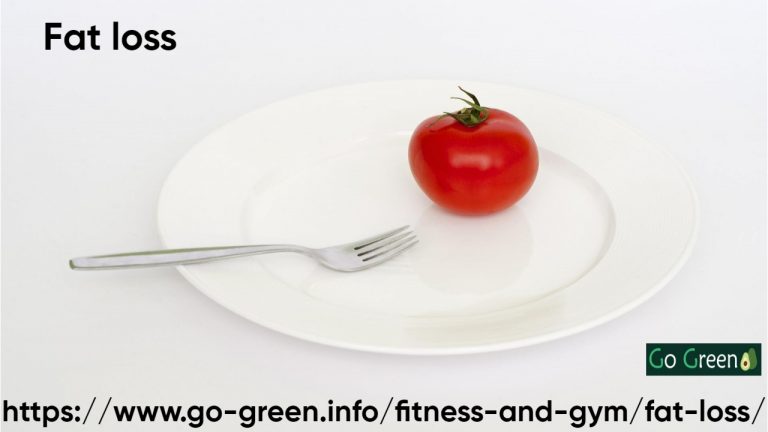Diet and Muscle Gain?

Diet plays a crucial role in supporting muscle gain. To promote muscle growth, it’s important to focus on proper nutrition, including sufficient protein intake and overall calorie surplus. Here are some key dietary considerations for muscle gain:
Caloric Surplus: Consuming more calories than your body burns is necessary to provide the energy needed for muscle growth. Aim for a modest caloric surplus, typically 250-500 calories above your maintenance level, to support muscle growth without excessive fat gain.
Protein Intake: Protein is essential for muscle repair and growth. Consume an adequate amount of high-quality protein sources with each meal. Aim for approximately 0.7-1 gram of protein per pound of body weight per day, distributed evenly across meals.
Macronutrient Balance: While protein is important, it’s also crucial to have a balanced intake of carbohydrates and healthy fats. Carbohydrates provide energy for intense workouts, and healthy fats support hormone production and overall health.
Timing and Frequency of Meals: Distribute your protein and calorie intake across multiple meals throughout the day to optimize muscle protein synthesis. Aim to consume protein-rich meals or snacks every 3-4 hours.
Resistance Training and Progressive Overload: Along with proper nutrition, engaging in regular resistance training is essential for stimulating muscle growth. Progressive overload, gradually increasing the intensity, volume, or load of your workouts, is crucial to continually challenge your muscles and promote adaptation.
Hydration: Stay well-hydrated, as water is essential for optimal muscle function, nutrient absorption, and overall health. Aim to drink adequate water throughout the day, especially during and after workouts.
Nutrient-Dense Foods: Focus on consuming nutrient-dense foods that provide a variety of vitamins, minerals, and antioxidants to support overall health and recovery. Include a wide range of fruits, vegetables, whole grains, lean proteins, and healthy fats in your diet.
Recovery and Sleep: Allow sufficient time for rest and recovery. Quality sleep is important for muscle repair and growth, as well as overall health and well-being.
It’s worth noting that individual needs may vary based on factors such as age, gender, activity level, and specific goals. Consulting with a registered dietitian or sports nutritionist can provide personalized guidance and help design a diet plan tailored to your specific needs and preferences.



